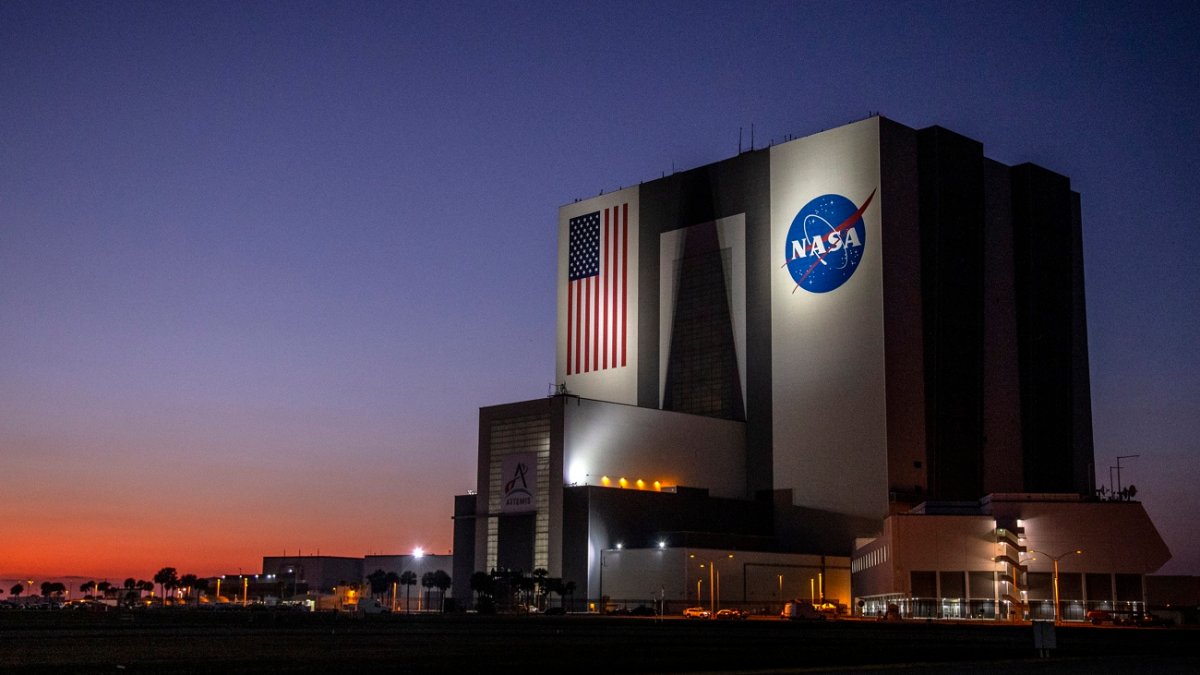NASA decided at the last minute to postpone the liftoff of the manned Crew-6 mission to the International Space Station (ISS), where its four astronauts plan to spend at least six months performing more than 200 scientific experiments and maintenance tasks. .
The flight was canceled due to a problem with ground systems, according to NASA and the company SpaceX, which owns the rocket and the astronaut transport ship. The next attempt will be on March 2.
The crew and vehicles – the Falcon 9 rocket and the Dragon Endeavor capsule – are in good condition.
“I’m proud of the focus and dedication of NASA and SpaceX teams to keep Crew-6 safe,” NASA Administrator Bill Nelson said.
“Human spaceflight is an inherently risky business and, as always, we will fly when we are ready.”
The decision to cancel the flight was made two minutes and thirty seconds before the launch of the Falcon 9, which was scheduled to take off at 01:45 a.m. Eastern time (0645 GMT) from Kennedy Space Center in Canaveral, Florida. , propelling the Dragon Endeavor capsule with the four astronauts.
They are the Americans Stephen Bowen and Warren Hoburg, from NASA, Sultan Alneyadi, from the space agency of the United Arab Emirates, and Andrey Fedyaev, from the Russian Roscosmos.
While the first opportunity for a new launch was tomorrow, at 01:22 a.m. in the eastern United States (06:22 GMT), NASA decided to try again on March 2.
Adverse weather conditions on Feb. 28 mean the next launch attempt will be at 12:34 a.m. EST on March 2 (5:34 a.m. GMT), pending resolution of the technical issue, NASA says on its website and on its Twitter accounts.
Liftoff has already been postponed for the first time to February 26-27 to do additional thermal analysis of the panels outside the Dragon capsule, as well as an examination of some helium canisters on the Falcon 9 rocket.
Once the launch has taken place and the four astronauts have arrived at the space station, they will stay there for about six months.
The crew will conduct new scientific investigations to prepare for human exploration beyond low Earth orbit.
Experiments will include studies of how certain materials burn in microgravity and the functions of the heart, brain and cartilage; Additionally, a survey will collect microbial samples from the space station’s vents.
The goal is to see if the ISS releases microorganisms into space and, if so, how many and how far they might travel.
The results of this experiment could modify the design of future space missions and equipment such as spacesuits to limit possible contamination.
After liftoff and once in orbit of the ISS, the capsule with the four astronauts will perform a series of autonomous maneuvers to dock with the space station’s Harmony module.
The four members of Crew-6 will be received by the Expedition 68 crew members aboard the orbital laboratory and a few days later the members of the Crew-5 mission will begin their journey back to Earth, with a splashdown programmed off the coast of Florida.

